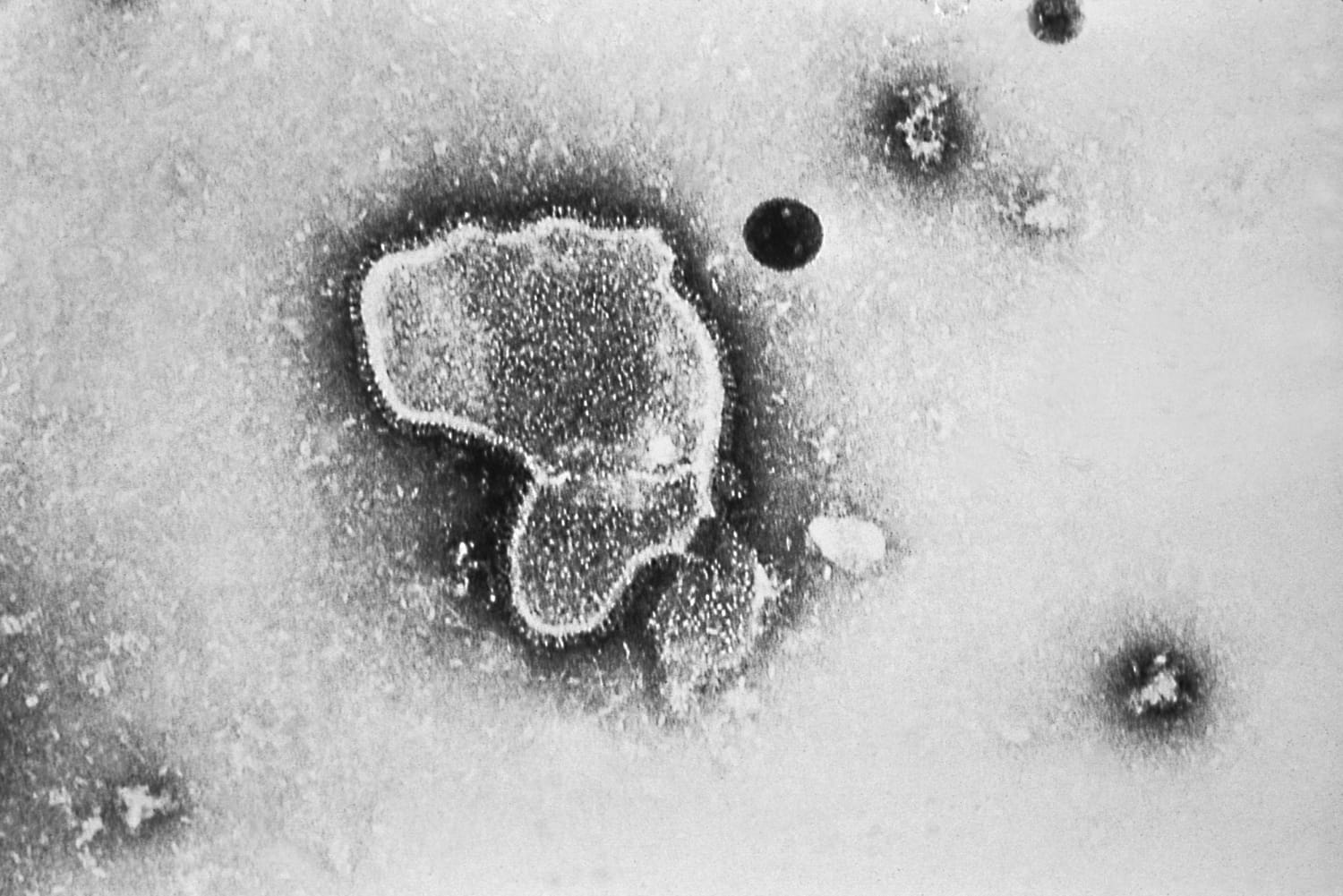[ad_1]

In a narrow vote, Food and Drug Administration advisers on Tuesday recommended that the agency approve the country’s first RSV vaccine for older people, a shot from Pfizer for adults ages 60 and up.
The FDA’s independent Vaccines and Related Biological Products Advisory Committee voted 7-4 in favor of recommending the vaccine based on its efficacy, with one abstention. The single-dose shot was shown to reduce the risk of illness from respiratory syncytial virus by as much as 86%, according to Pfizer.
The next step is for the FDA to approve the vaccine, which could take several months, though the agency usually follows the advisory committee’s recommendations. After FDA approval, the Centers for Disease Control and Prevention must recommend the shot before it becomes available to the public. If all of that happens, this would be the first RSV vaccine to get approved in the U.S.
The second may be close on its heels. The advisory committee will meet again Wednesday to evaluate the safety and efficacy of a similar RSV vaccine for older adults, this one from GlaxoSmithKline. Trial data published earlier this month in the New England Journal of Medicine showed that the shot lowered the risk of symptomatic illness by 83% and of severe illness by 94% in adults ages 60 and up.
RSV causes lower respiratory illness, though for most healthy adults the symptoms are mild. In serious cases, however, RSV can lead to bronchiolitis, which causes airways to become inflamed and clogged with mucus, or pneumonia.
Older people and infants are particularly vulnerable to such outcomes. RSV kills more than 10,000 adults ages 65 or older and around 300 children under 5 each year in the U.S. Cases spiked dramatically among infants earlier this winter, which overwhelmed children’s hospitals — a reminder of the virus’s threat.
In the advisory committee meeting on Tuesday, a separate vote evaluating the Pfizer vaccine’s safety resulted in the same distribution: seven votes in favor, four against and one abstention.
Several of the experts who did not vote in favor of the vaccine based on its efficacy expressed concerns that there weren’t enough trial participants infected with RSV to adequately assess the shot. Those who voted “no” based on the vaccine’s safety profile largely worried about its potential association with Guillain-Barré syndrome (GBS), a rare neurological disorder that damages nerve cells and causes muscle weakness or paralysis.
“It was a 1 in 9,000 risk of GBS, which is concerning,” said Dr. Hana El Sahly, the FDA advisory committee chair, who voted against the shot based on its safety profile but in favor based on efficacy.
Pfizer has tested its same RSV vaccine in pregnant people to see whether the protection can pass to babies in utero. The company said its data suggests the vaccine reduced the risk of severe illness in infants by 82% through their first 90 days of life, and by 69% through six months.
But the FDA committee’s vote on Tuesday was limited to the vaccine’s use for older people. The agency is still reviewing Pfizer’s data for pregnant people, with a decision expected in August.
According to an FDA briefing document released ahead of the Tuesday meeting, the most common side effects of Pfizer’s vaccine among older people were fatigue, headache, pain at the injection site and muscle pain. The document also highlighted the potential risk of Guillain-Barré syndrome.
One man in Pfizer’s trial developed Guillain-Barré after receiving the vaccine, and a woman developed Miller Fisher syndrome, a rare nerve disease related to Guillain-Barré.
The most common side effects of GSK’s vaccine were similar — injection site pain, fatigue and muscle pain — but participants in that trial reported side effects more frequently than those in Pfizer’s did.
The race to an RSV vaccine
Several companies have been racing to secure FDA approval for RSV vaccines.
In total, 11 RSV vaccines are being actively studied in U.S. trials, according to data from PATH, a nonprofit global health organization.
Moderna has said an RSV shot it developed for older adults could get submitted to the FDA by July. Bavarian Nordic expects to have late-stage trial data for its RSV vaccine, which targets the same demographic, by the middle of the year.
The FDA is also reviewing data from trials of a monoclonal antibody injection designed to protect babies from RSV, which functions similarly to a vaccine. The shot, from Sanofi and AstraZeneca, has already been approved in Europe.
[ad_2]
Source link
